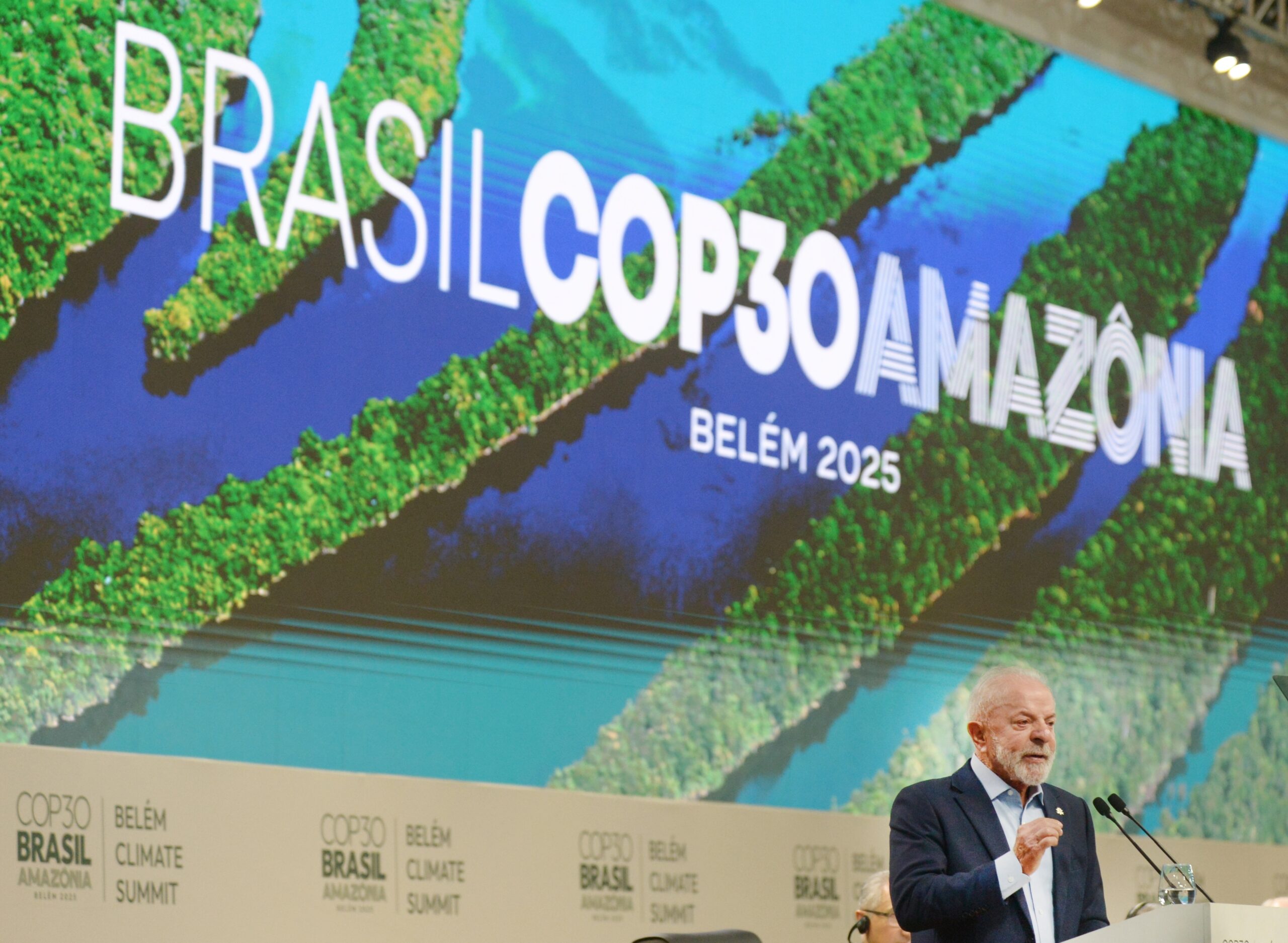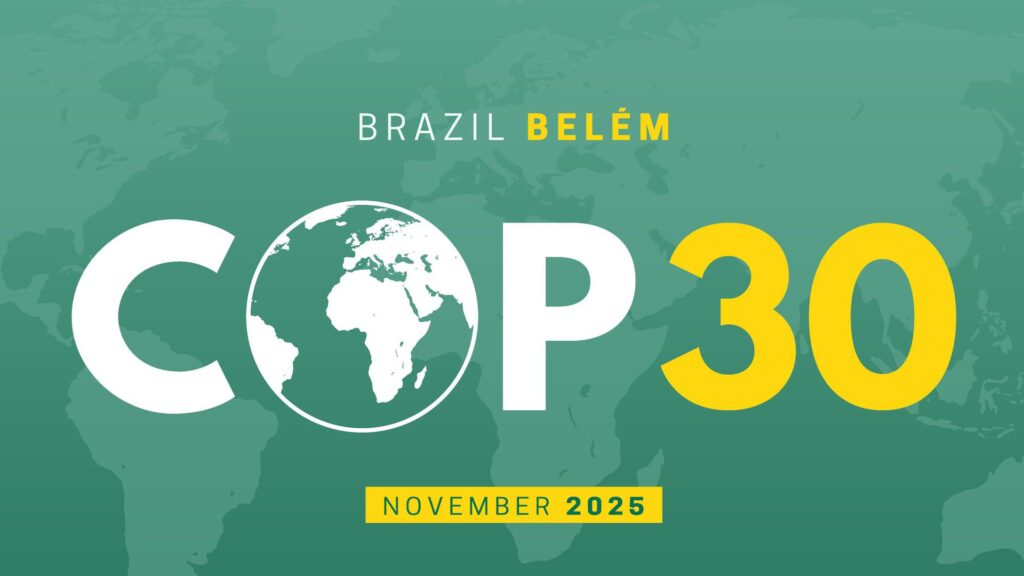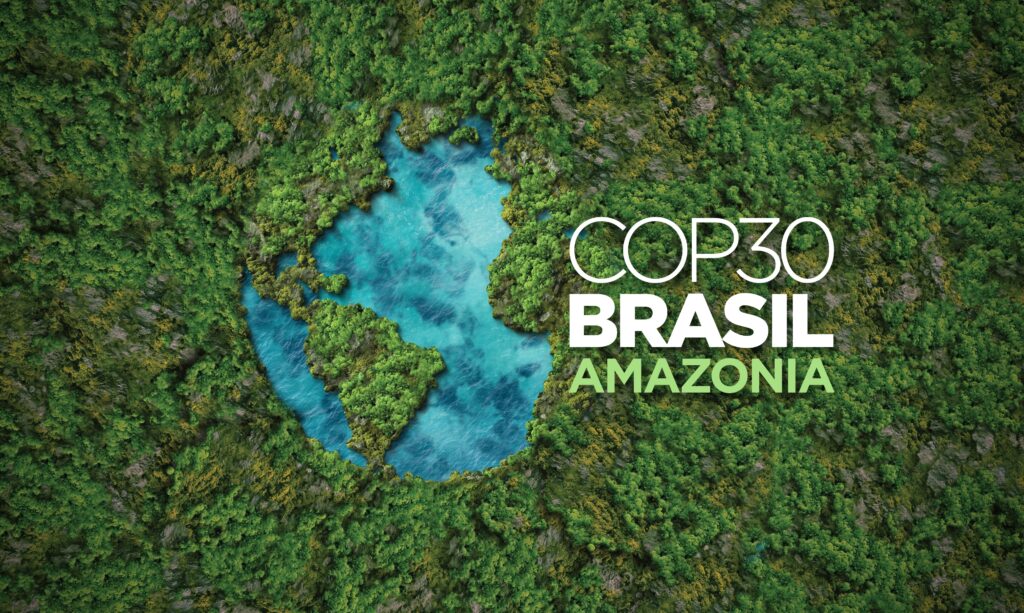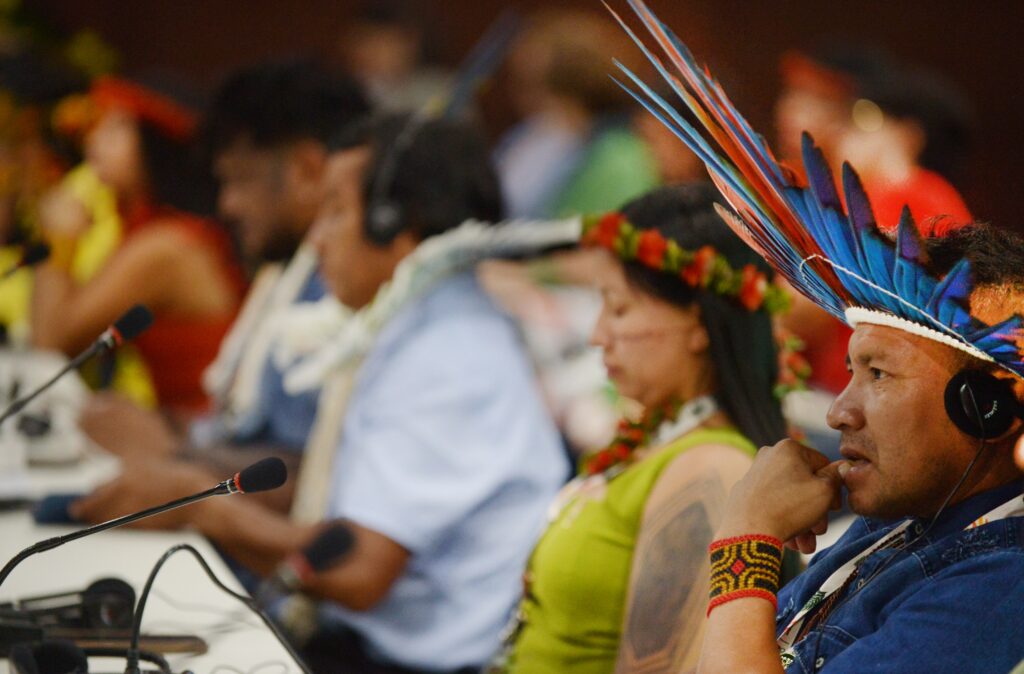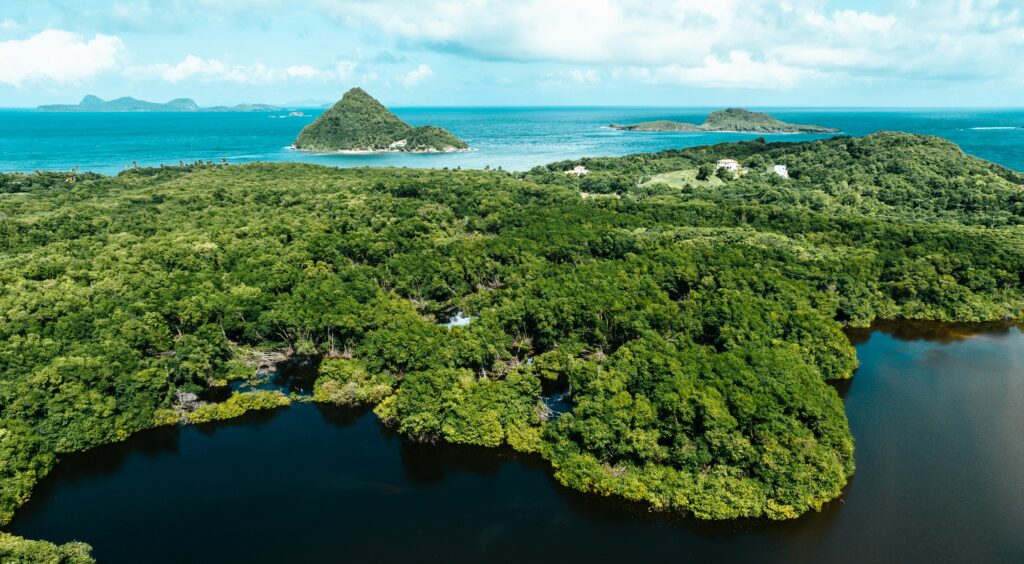Amid escalating climate change impacts and deepening global inequalities, the Global Ethical Stocktake (GES), introduced at COP30 in Brazil, aims to recentre human well-being and needs at the heart of climate action. It shifts the focus from emissions and policies to a just and person-centred transformation to address the scale of the crisis we collectively face.
Purpose of Launching Global Ehical Stocktake at COP30 Brazil
Chaired by Brazil’s Minister for Environment and Climate Change Marina Silva, the Global Ethical Stocktake (GES) is designed to integrate the ethical dimension into political decisions and technical measures. “We must guide our technical responses through an ethical lens — values that lead us to act faster and more effectively,” said Silva. In just two years, climate change has caused more deaths than COVID-19, and every year, half a million people die because of heatwaves alone, she said. “There is no more time to delay. We must change before we are forced to.”
Why Climate Change Is a Deeply Moral Issue
When the Paris Agreement was adopted in 2015, countries recognised that climate action must be equitable, inclusive and leave no one behind. Yet a decade later, the burden of climate impacts continues to fall on those who contributed least to the crisis. Climate change is fundamentally a human rights issue, as made clear by July’s advisory ruling from the International Court of Justice. The issue threatens access to food, clean water, healthcare, housing and a safe environment. These harms are magnified for people already experiencing discrimination, poverty and social marginalisation, including Indigenous peoples, women and children.
At the same time, wealthy nations, multinational corporations and global financial systems continue to drive emissions while profiting from fossil fuels and extractive industries, concentrating wealth and “locking the world into disaster”, while the human and environmental costs are borne disproportionately by people elsewhere.
Right Direction, Wrong Speed
While the UN’s global climate summits are heralded for unprecedented international cooperation, they are also an annual reminder that, despite clear scientific evidence and available solutions to accelerate progress, global action still falls far short of what is needed. “We are moving in the right direction — but at the wrong speed,” Brazil’s President Luiz Inácio Lula da Silva said at the opening of COP30 Brazil.
If ethics and human well-being already genuinely guided climate policy, governments would undoubtedly be acting far faster and with far greater ambition. Technologies to reduce emissions, enhance resilience and support a just transition are widely available and affordable. Redirecting the trillions spent each year on fossil fuel subsidies and making polluters pay for their climate harm would unlock the massive resources needed for life-saving climate action, adaptation and resilience, as well as loss and damage following disasters.
The stalled pace of action cannot be attributed to a lack of evidence or solutions, but rather is a symptom of a global system that continues to prioritise profits over people. Our failure to limit warming to 1.5°C, even if just temporarily, is a “moral failure — and deadly negligence”, said UN chief António Guterres ahead of COP 30. Surpassing this threshold threatens billions of lives, global peace and security. Yet, it would have been entirely avoidable if the pace of action had matched the science. This means the stakes are now far higher for avoiding irreversible and catastrophic climate harm.
Rebuilding Climate Action Around Justice
Advancing climate action through an ethical lens must reframe its primary purpose to safeguard lives, rights and livelihoods. Countries must reconsider how they design policies and distribute resources equitably to be true to the foundational principle of no one left behind. For example, currently, almost 70% of climate finance is allocated as loans rather than grants, adding to the debt crisis in developing nations and exacerbating global inequities and harm. This includes finance to Small Island Developing States (SIDS), countries that have contributed almost nothing to the crisis but face existential threats from its impacts. Similarly, less than 3% of the finance has gone towards supporting a “just transition”, showing flows are “clearly failing to address the need for just transition in climate action” and prioritise people’s participation, rights and livelihoods.
Tackling climate change by reducing emissions but perpetuating injustice cannot be considered progress. We have the solutions to combat climate change. Now, embedding justice, inclusivity and human rights in our response can mark a new era of action that fully confronts the severity and scale of the crisis and safeguards people and communities everywhere.
Evelyn Smail
Writer, United Kingdom
Evelyn is a freelance writer and journalist specialising in climate science and policy, the just energy transition and the human impacts of climate change. She writes for independent publications, NGOs and environmental organisations. Evelyn has a background in sustainable development, climate justice and human rights.
Evelyn is a freelance writer and journalist specialising in climate science and policy, the just energy transition and the human impacts of climate change. She writes for independent publications, NGOs and environmental organisations. Evelyn has a background in sustainable development, climate justice and human rights.

